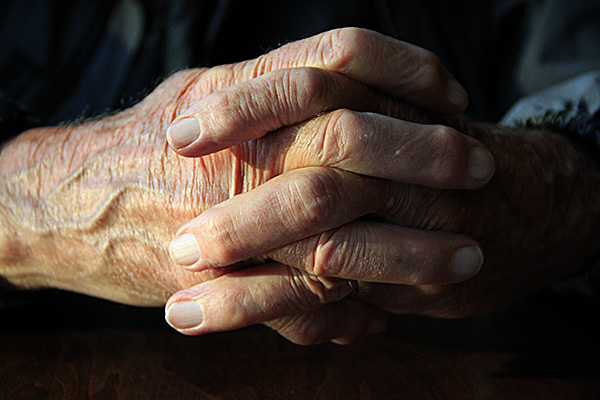March 2020
“If your brother or sister sins against you, rebuke them; and if they repent, forgive them. Even if they sin against you seven times in a day and seven times come back to you saying, ‘I repent,’ you must forgive them.”
Luke 17:3-4
Jesus sacrificed his life by suffering through one of the most extreme forms of torture possible—being nailed to a cross to die a slow death. Crucified as evil, though he had loved and given so much. Abandoned by those he loved. All so that we would be freed from the burden and guilt of sins we all carry.
Some believe that when they accepted Jesus, his sacrifice on the cross would automatically mean forgiveness for all their sins. Yesterday’s, today’s, tomorrows’. No more need to worry. No further repentance required.
In the Scripture above, Jesus tells us that Christians who sin against each other must repent if they are to be forgiven. Repentance means to show that they regret what they’ve done and that they will try to change their ways. Repentance is necessary for Christ’s forgiveness. There can be no forgiveness without repentance.
We must live a repentant life, having learned about the hurts our sins can cause others. Feeling remorse and guilt. Each time recognizing how painfully he who never sinned suffered for our sins. Weeping over how he suffered for our sakes. Wanting to turn our life around. Walking closer to Jesus. Trying to be more like him.
When we do something wrong and know it, we must bow down before God’s throne, once more repenting. Each time starting with a clean slate. Each time receiving a new breath of freedom.
I realize that I need to take ownership of the wrongs I have done. I need to talk to God and ask him to release me from the guilt it brings. And I need to ask the person I hurt to forgive me.
“I’m sorry God. I know I sinned badly and feel terrible about it. And I want to say I’m sorry to those I may have hurt. Please forgive me.”
marja

Leave a Reply